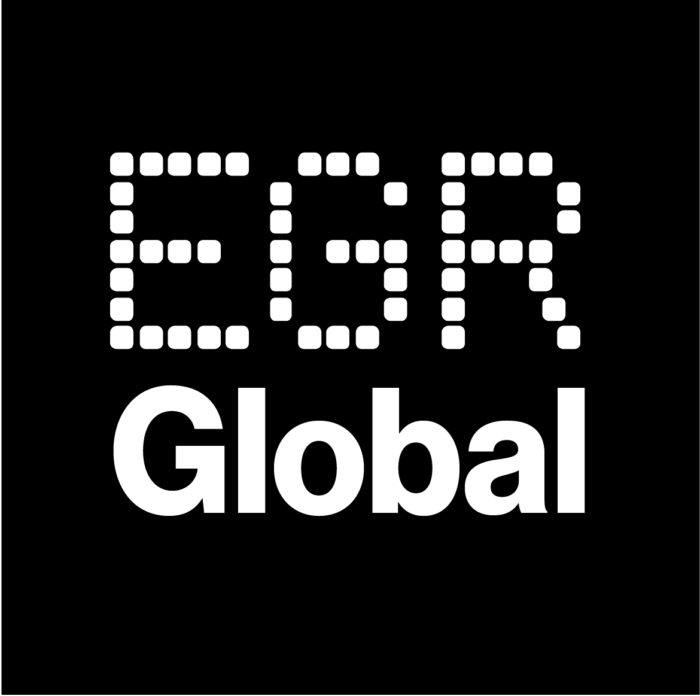
Big Debate: Are tougher rules on the horizon for sweepstakes?
Light & Wonder's global head of government affairs, Howard Glaser, and Straight to the Point Consulting founder, Steve Ruddock, answer this month's burning question

YES
Howard Glaser, global head of government affairs and legislative counsel, Light & Wonder

Unregulated casino gaming has been a target for regulators since the inception of the nation’s first enforcement agency in Nevada in 1955.
The American Gaming Association (AGA) estimates the handle of illegal online casinos at over $330bn annually. Mobile casino gaming – untaxed and without player protections – is available on the smartphone of every US adult in all 50 states, if they so choose, despite being legal in only seven. Much of the profit is siphoned to offshore companies and can be used to facilitate money laundering and organised crime.
The latest iteration of unregulated online casino gaming comes under the innocuous sounding category of ‘sweepstakes’ casinos.
They are a rapidly growing scheme of questionable legality which lets people play online casino games, wager, and win real money – casino gaming by any definition.
Hiding behind antiquated state sweepstake rules, operators can skirt gaming regulation and licensing, offer no player protection, and siphon revenue from state governments.
As the AGA stated in a recently issued policy statement: “The opaque nature of these operations also presents a prime opportunity for illegal activity and enriching bad actors.”
Online sweepstakes casinos are flooding into states where online gaming is otherwise illegal. A recent report from Eilers & Krejcik Gaming estimates the market exploding to over $11bn in 2025.
States can choose to legalise online casino, including sweepstakes casinos, to protect players and establish clear rules.
Until then, the AGA has rightfully called on state attorney generals and gaming regulators “to investigate companies or platforms that offer casino games under the ‘sweepstakes’ model to determine whether or not these operators are in compliance with their respective laws and take appropriate action if not”.
The sooner that happens, the better – for unwitting consumers and the integrity of the regulated gaming market.
NO
Steve Ruddock, founder, Straight to the Point Consulting

Sweepstakes are one of the hottest topics in the gambling universe. The AGA and unconnected entities like Saracen Casino Resort in Arkansas are highlighting the presence of sweepstakes casinos and asking states to crack down on such sites.
Enforcement has been limited, with Michigan leading the charge. The state has effectively booted sweepstakes casinos from its borders through a series of cease-and-desist letters, but the Great Lake State is the outlier – at least thus far. There are two reasons for Michigan’s intense reaction to sweepstakes:
• Sweepstakes casinos are direct competitors, as Michigan is one of seven online casino states in the US – in states without legal online casinos, there is little impetus to tackle it
• In its cease-and-desist letters, Michigan cited its Internet Gaming Act but also claimed sweepstakes were violating the Consumer Protection Act and, in some cases, the state’s charitable gambling laws
I suspect we might see similar actions in other online casino states. How effective they will be is dependent on state-specific laws. Still, eliminating the bigger, more reputable sweepstakes casinos will leave a vacuum that less reputable casinos will happily fill.
Further, there is little evidence that the crackdown in Michigan has bolstered revenue numbers for the state’s licensed online casinos.
Licensed operators and regulators may decide the juice (enforcement) is not worth the squeeze if the sweepstakes casinos are not cannibalistic.
Instead, licensed operators could acquire sweepstakes firms. Online casino legalisation has stalled in the US, so operators must look elsewhere for growth.
Sweepstakes sites have a coveted asset: databases of active online gamblers in yet-to-be-legalized states. That might help explain why the major operators are not publicly leading the charge against sweepstakes casinos.